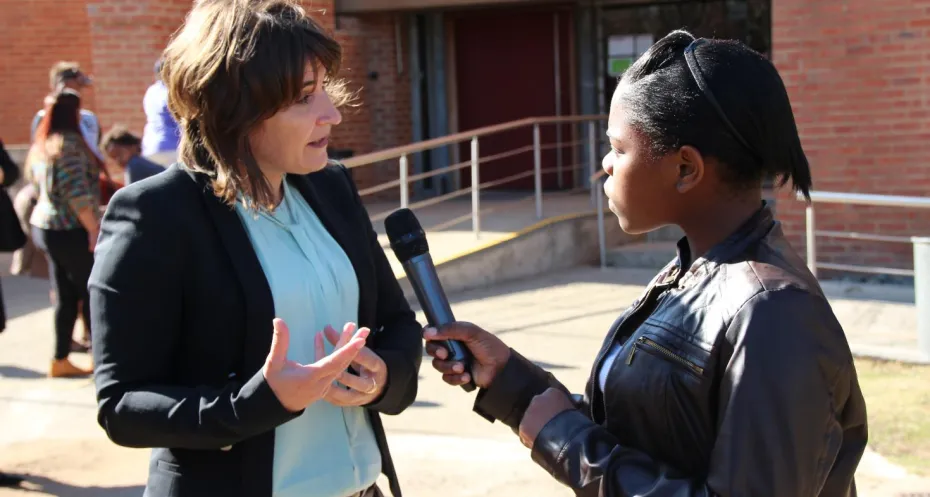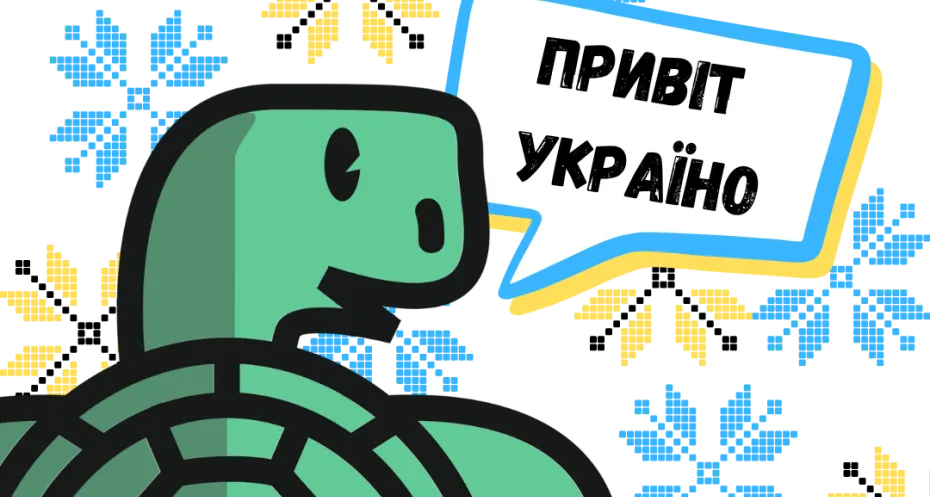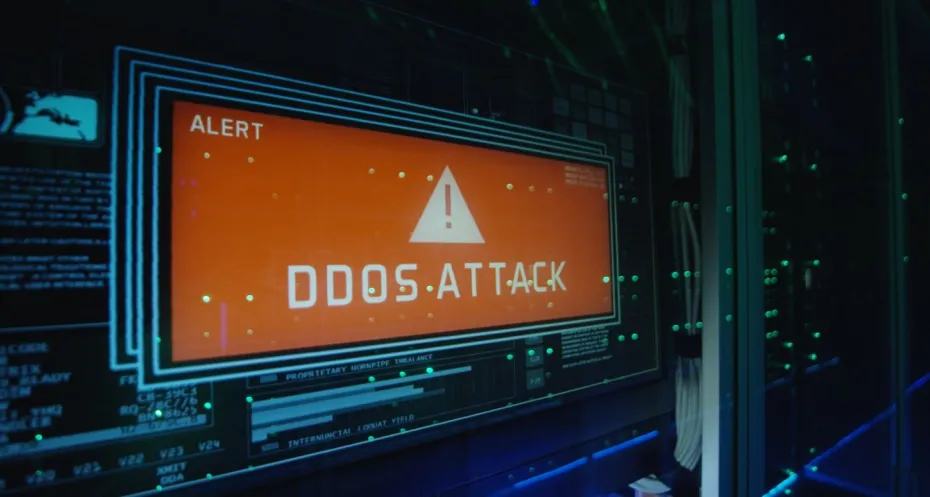Our work to counter online harassment against women journalists

Free Press Unlimited strongly believes in the transformative role media can play in achieving gender equality in societies. By creating gender-sensitive and gender-transformative content, gender stereotypes are broken and the perception of women in societies is positively altered, creating a more equal playing field. An important factor is also ensuring the safety of women journalists, in the workplace and while reporting, which ultimately leads to greater media diversity and pluralism.
Women journalists are disproportionately targeted by online gender-based violence, abuse and (sexual) harassment. Many of them indicate that abuse has led them to become less active or even inactive on social media, while it’s a crucial part of the job. Apart from the direct harm these women experience, Free Press Unlimited is concerned about the chilling effect of online harassment, which leads to less women taking part in the public debate as well as self-censorship among those who dare to continue despite the harassment.
What we do
Therefore we work to support women journalists in dealing with online harassment and, more recently, we advocate to create a safer online environment for women journalists. We do this by implementing different approaches:
-
By creating trusted support networks for women journalists. These can function both as great support for women that have come across online abuse as well as a place for empowerment. Networks can also provide access to security training on digital/physical safety. A successful example is the Network of Women Journalists for Digital Rights lead by our partner the Digital Rights Foundation in Pakistan.
-
By focusing on shifting social norms within media organisations. A culture of safety and inclusion needs to be created, i.e. through effective internal mechanisms for complaints and redress. Promoting women to take up leadership positions within media organisations is another intervention strategy to this end. With men holding most leadership positions within the media, women are often hesitant to report abuse.
-
Through doing an online female safety training on our online training platform Totem. To help journalists identify and deal with online abuse through digital security strategies and privacy tools. Totem has helped over 2000 women journalists already.
-
Through a holistic in person safety training tailored to women journalists, which will be piloted in the Balkan in 2022. It will then be contextualised to different regions and situations. Not all female journalists face the same challenges. Depending on their ethnic background, religion, social status, gender identity or other characteristics based on which harassment can occur.
-
Through setting up pilot programmes, such as a helpline for women journalists in Iraq, for women who’ve experienced harassment both online and offline. This first of its kind in the region is set up in cooperation with Facebook. Alerts of online harassment that come in through the helpline will be prioritised and addressed (i.e. taken down) by Facebook. Apart from that, it is a way to monitor and collect data on the safety of women journalists in Iraq, as such a mechanism does not yet exist.
-
By advocating for policy and regulatory change towards governments as well as change within tech companies and the way they operate, more specifically those platforms that facilitate the harassment. To do this effectively we have joined forces with other like minded organisations working on this topic, in the Coalition Against Online Violence.
A first and practical tool that was launched under the banner of the Coalition Against Online Violence is the Online Violence Response Hub, a practical tool where women journalists facing online harassment can go to find the resources out there to help them combat the violence (i.e. emergency support, legal support, information on securing online account and psychosocial support).
Research findings
-
All our female partners surveyed for the 2021 report of the UN Special Rapporteur on Freedom of Expression on Gender Justice stated they have experienced online harassment.
-
Women journalists face disproportionate levels of backlash after having written about sensitive topics, i.e. women’s rights (such as teenage pregnancies, forced or child marriages, female genital mutilation, sexual harassment, rape culture and trans-rights), religious and marginalized issues (indigenous land rights, refugees and workers’ rights).
-
The attacks are often targeted and gender-based, including online stalking, unwanted spam messages (i.e. sexualised pictures and videos of male genitalia or porn sites) and highly misogynistic and hateful content.
-
Attacks don’t only come from strangers, but very often violence (both online and offline) comes from male colleagues, making the workplace an unsafe space.
-
Next to the severe emotional distress these attacks cause, the chilling effect makes online abuse a highly effective method to scare off and silence women journalists.
-
The research shows that there is a correlation between online and offline attacks and that 20% of women journalists say they have been attacked offline in connection with online violence.
© Paul Enkelaar.



